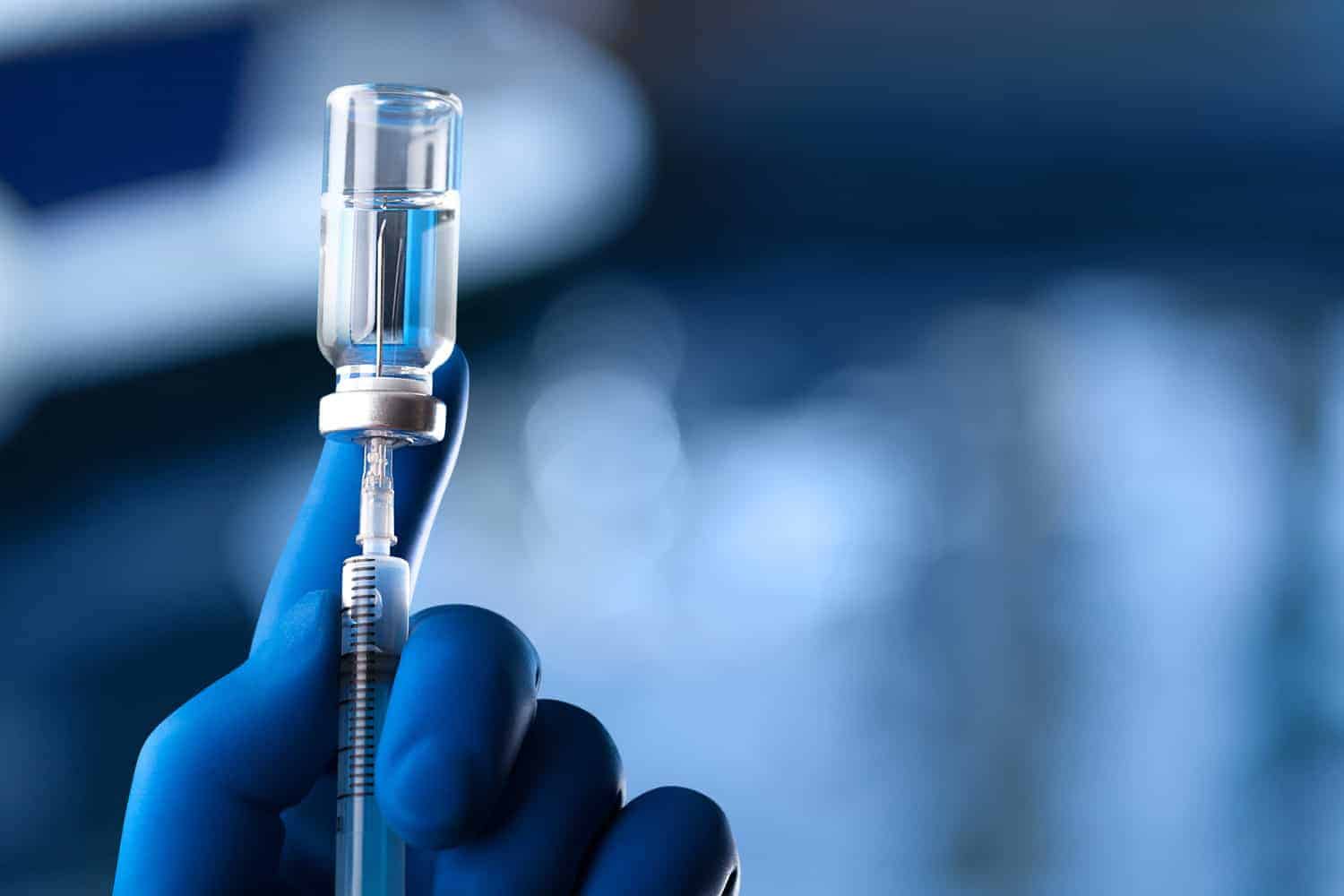Coprincipal investigator of the Sisonke implementation study, Professor Glenda Gray, said the original vaccines, which had the Wuhan strains, probably still had cross-protection.

Picture: iStock
The slow roll-out of Covid vaccinations has given the coronavirus enough time to keep mutating as the new Sars-CoV2
variant, C.1.2, emerged, with concerns it could be more infectious and immune to vaccines.
According to a paper released yesterday by the National Institute for Communicable Diseases – which must still be peer reviewed – the new Sars-CoV-2 variant was detected through genomic surveillance of the virus during the country’s third wave of infections and assigned to the Phylogenetic Assignment of Named Global Outbreak Lineages.
The variant has been detected throughout the third wave of infections in SA and contained many mutations identified in all four variants of interest – alpha, beta, delta and gamma – three or variants of concern – kappa, eta and lambda – as well as additional mutations.
According to the authors of the paper, the lineage was first identified in May and evolved from C.1, which was one of the lineages which dominated the first wave of Sars-CoV-2 infections in SA and was detected in January.
“C.1.2 has since been detected across the majority of the provinces in South Africa and in seven other countries spanning Africa, Europe, Asia and Oceania,” the authors wrote.

The new variant was first detected in Mpumalanga and Gauteng in May and by June, it had spread to KwaZulu-Natal and Limpopo, as well as England and China. It was later detected in six out of the nine SA provinces by August.
It was suggested in the paper the emergence of the C.1.2 lineage was mutating “approximately 1.7- fold faster than the current global rate and 1.8-fold faster than the initial estimate of Sars-CoV-2 evolution”.
While the C.1.2 variant had mutated fast and far, Wits University professor of vaccinology Dr Shabir Madhi said there was no clinical evidence it was more transmissible than delta, or more evasive than beta.
“Vaccines are still likely to have high protection against severe disease, even if they worked less in preventing infection, as was the case for beta,” Mahdi said.
According to experts, while the deadliness of the new variant is still under investigation, SA’s vaccine roll-out has been as slow as a tortoise as the virus continues to spread.
“We are definitely vaccinating too slowly. Apart from variants forming, our population is getting ill in huge numbers, our health services can’t cope any more and the economy is damaged,” said epidemiologist Dr Jo Barnes.
Barnes said the developments of new variants were driven by unvaccinated people and if the vast majority of people were jabbed, the increased appearance of new variants could be slowed, or theoretically stopped.
“This is where the failures of SA’s vaccination efforts are being shown up. We can and should do much better,” she said.
The paper found, as with numerous variants of concern, “C.1.2 has accumulated a number of substitutions beyond what would be expected from the background Sars-CoV-2 evolutionary rate”.
“This suggests the likelihood that these mutations arose during a period of accelerated evolution in a single individual with prolonged viral infection through virus-host co-evolution.”
Coprincipal investigator of the Sisonke implementation study, Professor Glenda Gray, said the original vaccines, which had the Wuhan strains, probably still had cross-protection.
“We’ve seen that even with the beta variant, the vaccines were effective. It is important to continue to evaluate the vaccine effectiveness and also to see how the new variant impacts on neutralisation,” Gray said.
She said people would need to get boosted once there was a demonstration the vaccine’s durability had waned or there was evidence that boosting increased neutralisation.
“We may need to continue to boost people, instead of modifying the vaccine,” she said.
“You will see in the US and Israel that the people who got the Pfizer dose about six months ago are now getting boosters.”
Gray said they were already discussing boosters in SA, particularly with the regard to healthcare workers.
– reitumetsem@citizen.co.za
Download our app




